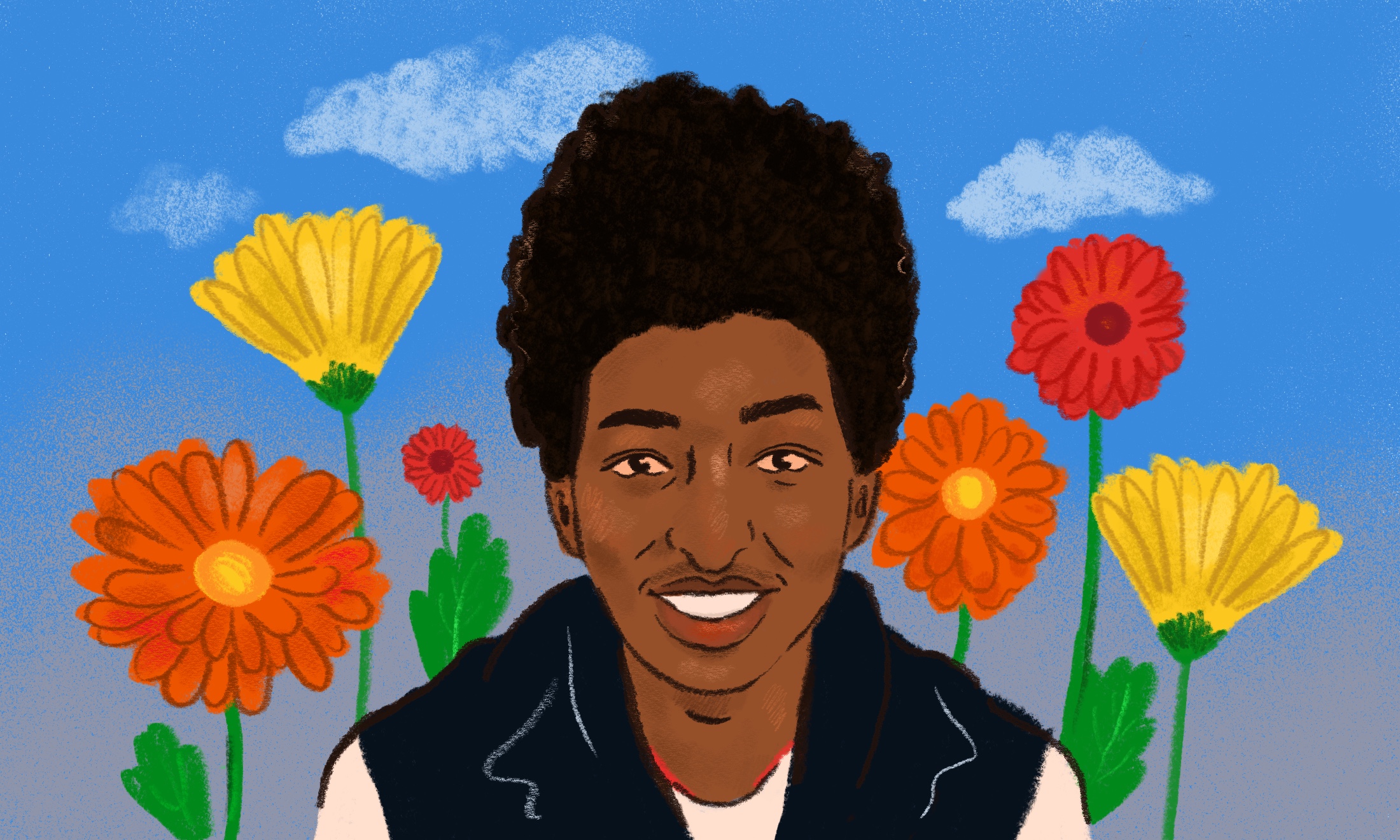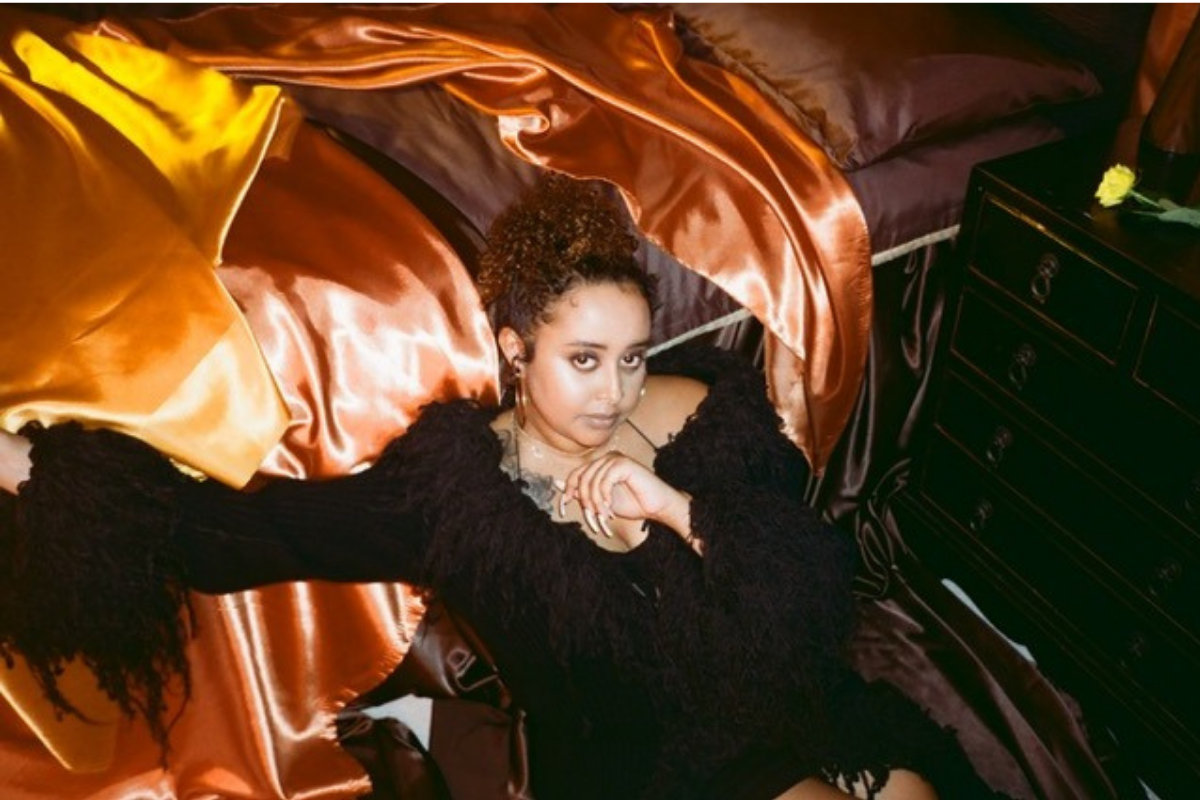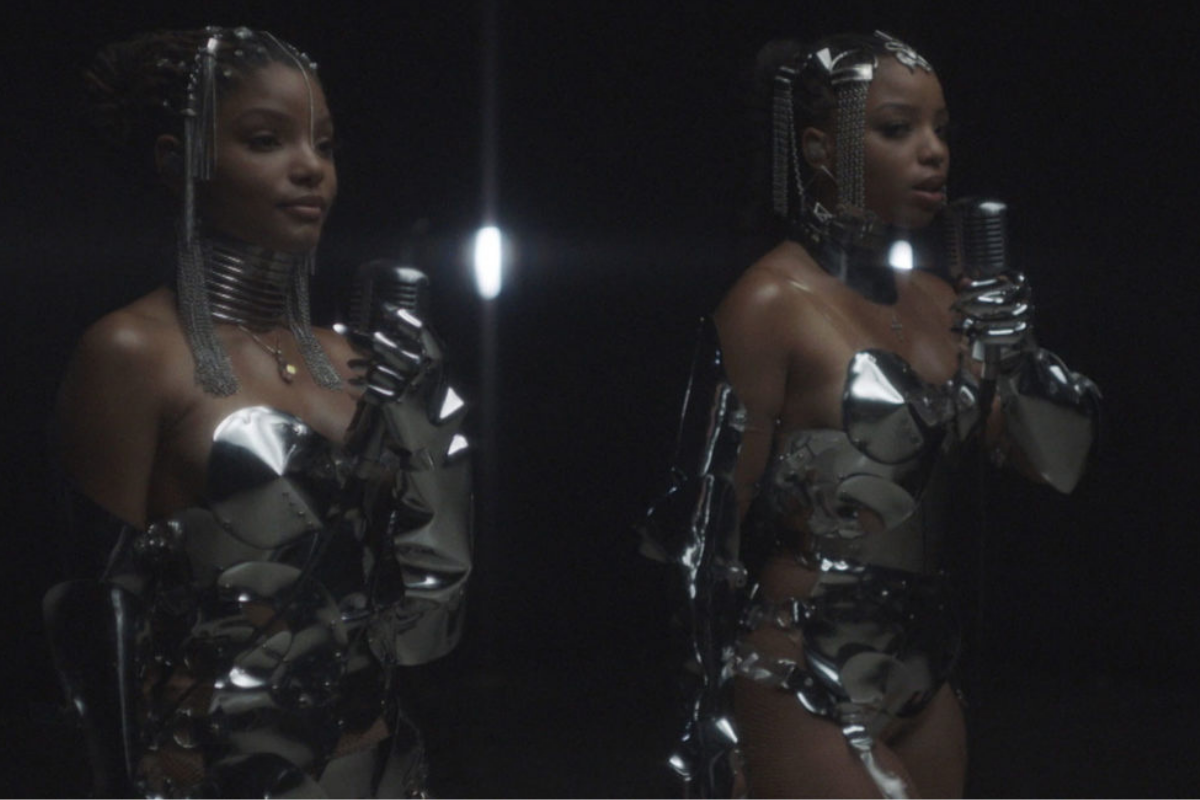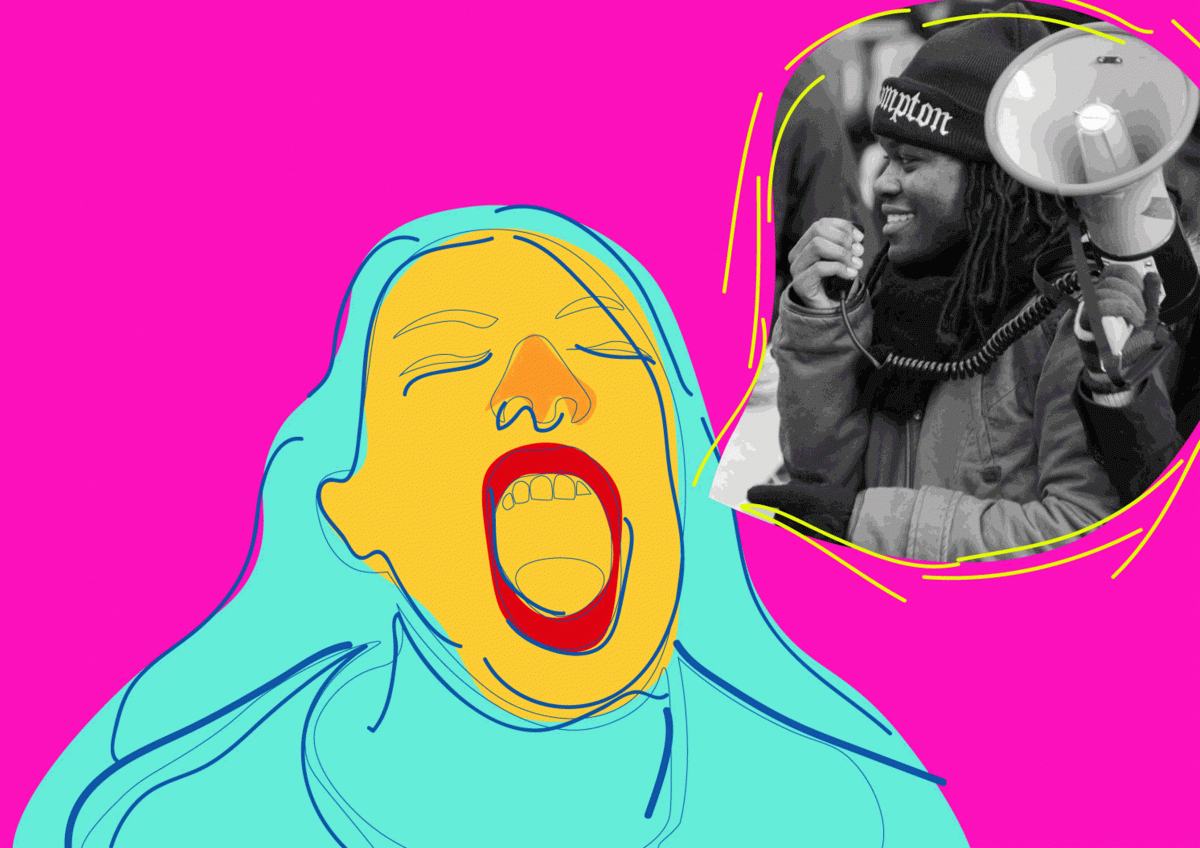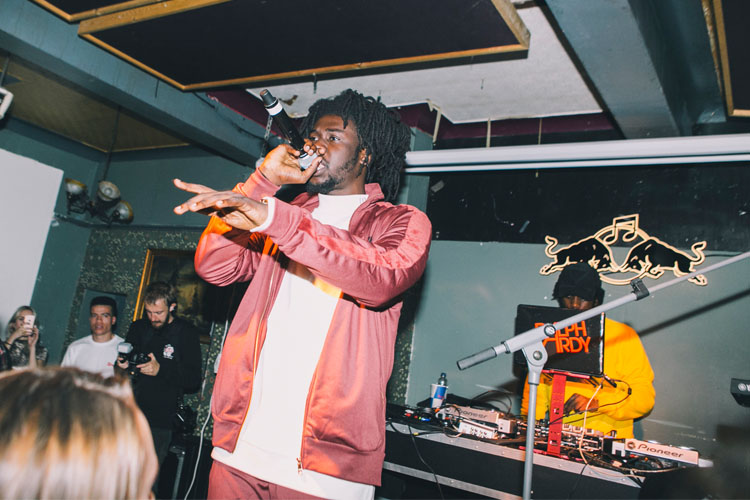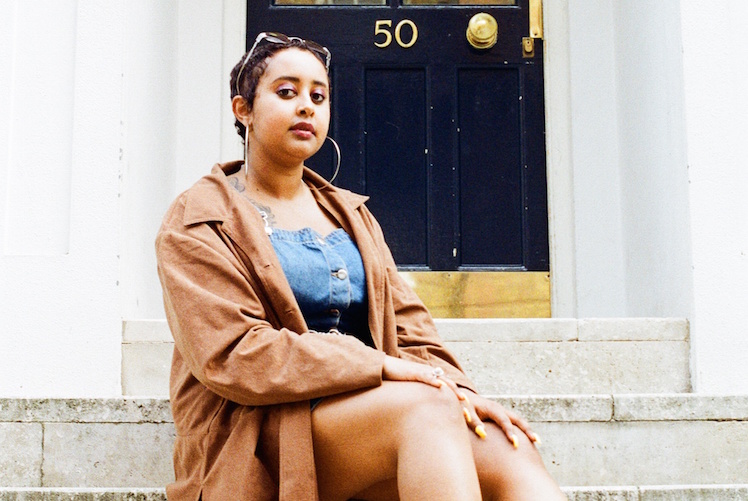
In May of 1993, a small country in the horn of Africa, nestled just south of Sudan and west of Yemen, gained independence from its larger, richer neighbour Ethiopia after a 30 year war that saw hundreds of thousands dead and displaced. This coastal African country was proclaimed a shining hope, in a continent beleaguered with stubborn old men as leaders and natural resources exploited by former colonialists-turned-‘business partners’. Led by a young president who had dedicated his life to the struggle, lauded as a “renaissance African leader” by Bill Clinton, the future looked bright for Africa’s youngest country.
Of course, all good things come to an end. Today, Eritrea is mostly in the press not for the breath-taking natural scenery, or ethnic and religious diversity, but for the mass exodus of people that are risking their lives to flee this young country. Mainstream press outlets refer to it as the “North Korea of Africa” due to the isolated government that has faced allegations of indefinite conscription as well as mass arrests of opposition groups. This is a stark contrast to the earlier exit of people in the 80s and early 90s who fled in order to find refuge from the war and raise funds for the struggle, armed with the hopes of one day returning home.
https://www.youtube.com/watch?v=HrTJB3k9z24
Cue: Raheaven, a 22-year-old singer, songwriter and producer who recently released her debut single ‘Easy Love’ lifted from her debut EP titled Heaven on Earth. This isn’t the north Londoner’s first foray into music however, after writing with the likes of Jay Prince, featuring on his Smile Good mixtape and producing for Kojey Radical on his Chapter II project in 2012, she is ready to focus on making music for herself.
A self-confessed “riff baby”, Raheaven (real name Rahel Yohannes) found herself surrounded by music in all its forms, growing up as the eldest of five in north London. Upon her parent’s arrival in 1989, they formed a band with other Eritreans, with her mother a singer and her father a guitarist, sending money back home for the struggle for independence. Whilst her peers grew up lip syncing to Britney Spears and Jennifer Lopez, Rahel recounts being influenced by Eritrean singers such as Elsa Kidane and Helen Meles. Their lilting voices are reminiscent in ‘Easy Love’, a sweet ode to the effortlessness of a relationship with an unnamed lover.
Citing her influences as “noughties R&B” as well as her Eritrean heritage, the music video evokes the awkward, poorly timed, transition effects so prevalent in traditional Eritrean music videos as well as the “Piczo Princess” graphics that haunted many of our pre-teen online profiles. Translated lyrics sparkle in glowing pink and white in Ge’ez, an ancient language used in the former Abyssinian Empire and hailing back to the 7th century, Rahel defiantly presents her cultural heritage, daring listeners to acknowledge, even if they don’t understand.
Speaking to me at a local coffee shop, Rahel explains how the widespread lack of awareness of Eritrea during her formative years contributed to the inherent identity crisis faced by many second-generation immigrants. The fact that there wasn’t a prevalent Eritrean presence, in the same way that there were for example, bustling Nigerian, Moroccan and Somali communities in London, allowed Rahel to pave her own space and sound free from any preconceived notions or inhibitions, as most people didn’t even know where she was from. Using this freedom, and feeling inspired following a recent trip back to Eritrea after almost seven years away, Rahel saw an opportunity to present her own work, with her, in all the facets of her identity, to the world. The trip also brought to light the conflict of identity felt by so many of the diaspora upon returning “home”. Rahel speaks honestly of how she initially felt righteous indignation at the political and societal conditions, which quickly turned into self-reflection. “I realised that I was projecting my own ideas of Western liberalism that I had criticised and dismissed when I was in London”, she tells me when I ask her about the same trip that I myself took over a decade ago. These conflicted feelings of identity that are so common amongst young people of colour often leave us wondering, where is home?
“The more I know myself and my own opinions, the better I become at songwriting”
Is it under the burning sun and blue skies, where we are surrounded by the history and culture whispered to us at bedtime, that we see glimpses of at weddings and funerals? Or is it under the grey skies of a country that labels our parents and grandparents foreign scroungers, whilst demeaning us to criminals and thugs?
https://soundcloud.com/raheaven/sets/heaven-on-earth-ep
The process for her Heaven on Earth EP began with confidence in her beliefs and identity, Rahel tells me. “The more I know myself and my own opinions, the better I become at songwriting”, she says when I ask her about the journey towards her first complete body of work. Ironically, ‘Easy Love’ was written on a train journey, reflective of the evolution of the singer, songwriter and producer that we see before us today. This explains the experimental approach that encompasses her music, unafraid to make mistakes and learn from them in everything from videography to lyricism. On her debut EP, Rahel explores acoustic sounds that first shone a light on her when she debuted the medley Drake’s Tears way back in 2013, to a track named ‘Flip Phone’ that incorporates her unique take on the noughties imagery as seen in ‘Easy Love’.
Rahel the woman, and Raheaven the artist both draw from past influences, but what for the future? The journey from Eritrea to Easy Love continues, as Heaven tries to find its way home.

